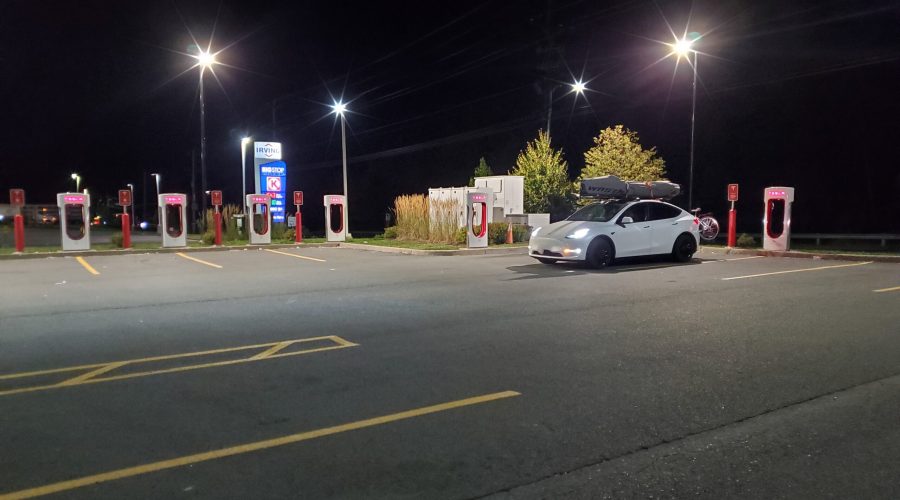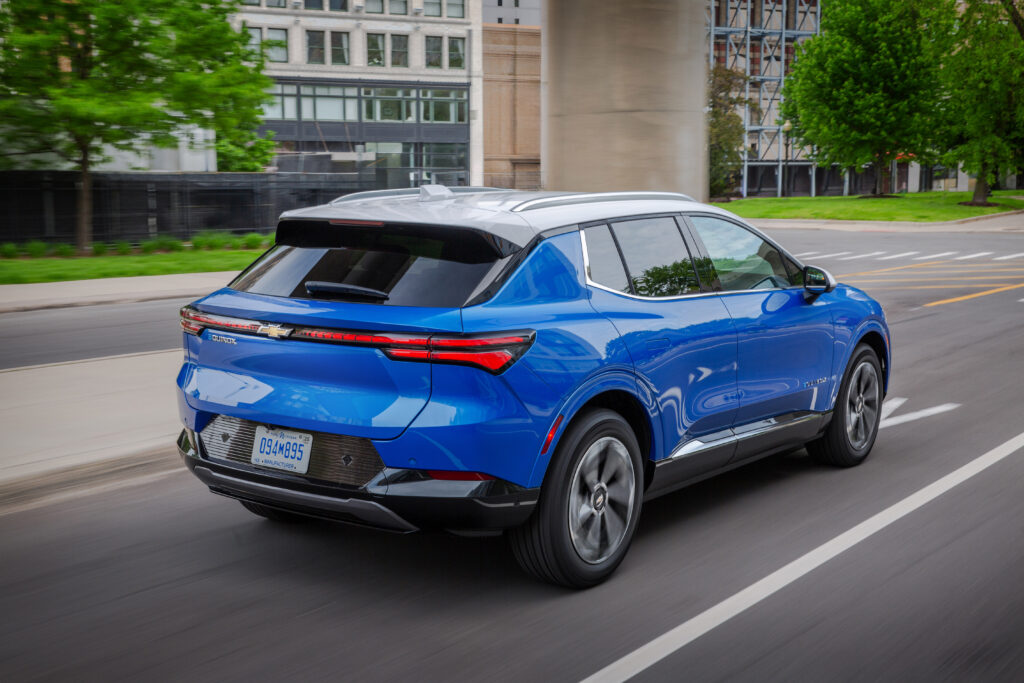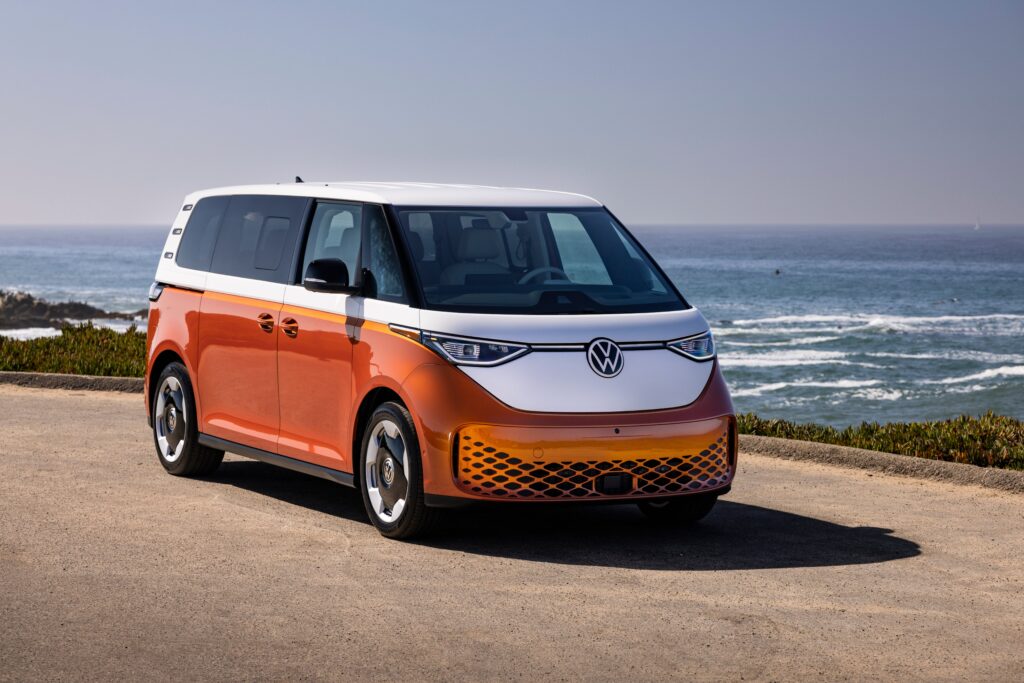The Canadian government’s ambitious drive towards an electric vehicle (EV) future hit an unexpected roadblock when the incentives for Zero-Emission Vehicles (iZEV) Program that offered up $5,000 in rebates for an EV purchases was put on indefinite pause earlier this month.
A Program On Pause
This means Canadians are now facing the real prospect of buying EVs without the financial cushion of the federal rebate, potentially impacting affordability and slowing down the transition to electric mobility.
The sudden nature of this pause has added to the confusion and frustration among consumers and industry stakeholders.
Success Story Turned Uncertain
Since its launch in 2019, the iZEV program has been instrumental in driving EV adoption in Canada. It has incentivized the purchase of over 546,000 vehicles and contributed to a significant increase in the zero-emission vehicle (ZEV) market share, which rose from 3.1% in 2019 to a record high of 16.5% in the third quarter of 2024. But the actual increase in sales rose only about 3% from the previous year, so it was going to be tough to reach the federal target of 20% EV sales by 2026.
The uncertainly in the future of the rebate comes at a time when Canada is attracting significant investments in the EV battery supply chain, highlighting the need for consistent policy support to maintain momentum in the EV sector. The contrast between the program’s initial success and the current uncertainty surrounding its future raises concerns about the long-term viability of Canada’s EV transition.
Provincial Programs Also Affected
The federal program’s pause is compounded by changes in provincial incentive programs. Quebec’s EV incentive program, which offered up to $7,000, is also being temporarily suspended in February 2025. When it resumes in April, the subsidies will be reduced to $4,000 for fully electric vehicles with further reductions planned for subsequent years.
This success underscores the program’s effectiveness in encouraging Canadians to embrace EVs. The rise in the third quarter could have been a result of the Quebec government announcing a pause in the rebate from February to the end of March. The subsidy was scheduled to drop from $7,000 to $4,000 in 2025. The rebates are scheduled to end in 2027.
B.C., which is another province with strong EV adoption, announced a few months ago a cap on rebates for vehicles with a price tag of $50,000, a reduction of $5,000 from the previous limit. It effectively reduced sales by 66% compared to a year ago.
This combined reduction in federal and provincial incentives could significantly impact EV affordability for consumers. With the federal iZEV program paused indefinitely and Quebec’s program offering reduced incentives, the cumulative effect could discourage potential EV buyers and slow down the adoption rate, particularly in Quebec, which has been a leader in EV adoption in Canada.
Industry Frustration And Calls to Scrap Mandates
The auto sector has expressed strong frustration over the abrupt end to the federal rebate program, particularly given the government’s ambitious ZEV sales mandates. Brian Kingston, president and CEO of the Canadian Vehicle Manufacturers’ Association (CVMA), said: “Industry was shocked to learn this week that the federal zero emission vehicle purchase incentive program has abruptly ended, creating chaos for consumers”.
Industry groups argue that the lack of incentives could hinder their ability to meet these targets, potentially slowing down the transition to EVs in Canada. In fact, the CVMA is now calling on the government to scrap the mandates altogether, arguing that they are “no longer ambitious but a complete fantasy” without adequate support.
Charging Infrastructure Challenges Remain
While the iZEV program focused on purchase incentives, the availability of charging infrastructure remains a crucial factor in EV adoption. Although Canada has made progress with almost 33,000 public charging ports currently available, this number falls short of the projected need. Experts estimate that Canada will require 679,000 public charging ports by 2040 to support the growing number of EVs on the road.
The distribution of charging stations also remains uneven, with a concentration in Ontario, British Columbia and Quebec, while other provinces and territories have significantly fewer options. This disparity could create challenges for EV drivers in less populated areas and hinder widespread adoption. Furthermore, this uneven distribution could exacerbate regional disparities in EV adoption, with provinces that lack adequate charging infrastructure lagging behind those with more developed networks.
A Critical Juncture
The pause of the iZEV program raises serious questions about the government’s commitment to its ambitious EV goals and its broader climate change targets. While the program has undoubtedly been successful in its initial phase, its abrupt halt creates uncertainty and could potentially slow down the momentum gained in recent years. Addressing concerns about affordability, ensuring consistent policy support and investing in a robust and accessible charging infrastructure will be crucial for Canada to achieve its zero-emission transportation targets.
The lack of clear communication and a timeline for the program’s resumption further adds to the uncertainty. This situation could have several negative implications:
- Impact on Climate Change Targets: A slowdown in EV adoption could hinder Canada’s ability to meet its climate change commitments as the transportation sector is a significant contributor to greenhouse gas emissions.
- Potential Job Losses: Uncertainty in the EV market could lead to job losses in the automotive sector and related industries, particularly in the burgeoning EV battery supply chain.
- Increased Regional Disparities: The uneven distribution of charging infrastructure, coupled with reduced affordability due to the lack of incentives, could exacerbate regional disparities in EV adoption.
Final Thoughts
Ultimately, Canada needs a comprehensive strategy that goes beyond purchase incentives. This strategy should include investments in charging infrastructure, particularly in underserved areas and measures to address affordability concerns for consumers. Furthermore, the government needs to engage in transparent and consistent communication with both the auto industry and the public to build confidence and ensure a smooth transition to a zero-emission transportation future.
David Lemon is a seasoned 15-year leader in the automotive industry with extensive experience in sales and franchise development at OK Tire, Mister Transmission and Enterprise-Rent-a-Car. David leverages his expertise to help businesses seamlessly integrate AI solutions into their growth strategies. Connect with David on LinkedIn.















